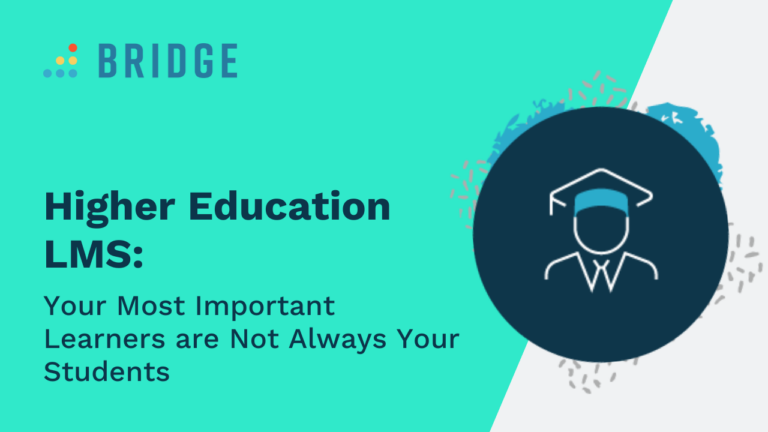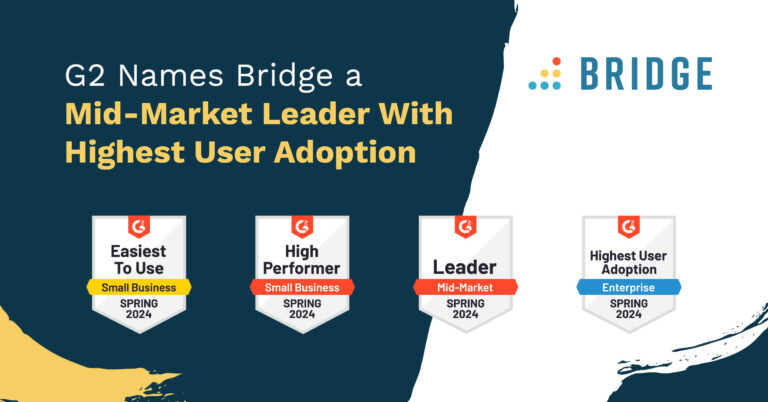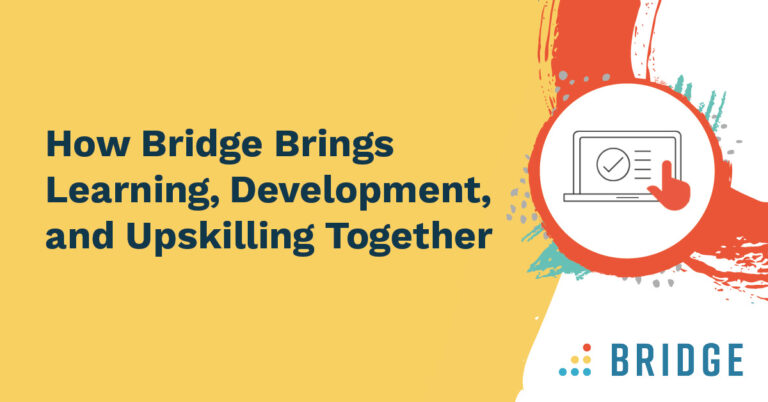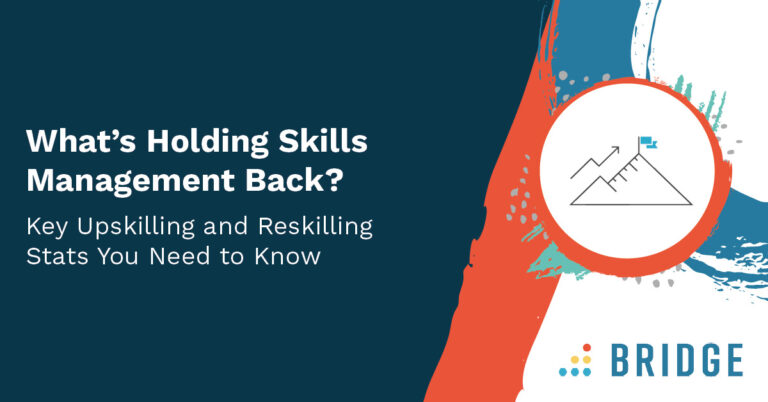Why Learning and Performance is Crucial for Higher Education Staff
Something bemusing happens in the Higher Education workplace arena. For a sector so focused on others’ development and performance, the HE staff, as learners themselves, can be forgotten. Yet, understanding, encouraging, and managing, these vital individuals’ learning and performance needs underpins the Higher Education organization’s success. For institutions that should inherently understand the science of learning and its effect on motivation, engagement, and performance, higher education organizations are not always putting the necessary amount of focus on learning for their staff. Learning management systems and performance management solutions make the difference.
The Annual Performance Review
At this point, your mind is probably focused on the annual performance review. If you’re lucky, a review may happen more often. It’s a snapshot in time and ticks the feedback box. Every member of the staff will be familiar with the process.
But there are two issues here. Firstly, as a standalone exercise, a performance review is woefully inadequate for actually measuring performance, let alone understanding it. Secondly, it leaves learning out in the cold. And without learning, performance will never change for the better. You would not expect an undergraduate to perform better in an exam if they never had any learning or any feedback on that learning.
In Higher Education, we also tend to focus primarily on extrinsic motivators. Employees are scored, and this results in things such as pay or bonuses. The problem is that external motivation doesn’t work too well for human beings. We are far more engaged when we develop our internal motivation. Much of what makes someone good at their job and on course for progression cannot be acquired simply because we dangle the carrot in front of them while giving them a nudge with a stick from behind—the individual needs to care.
Feedback, Knowledge and Motivation
Therefore, feedback needs to be timelier. In the same way you recognize the importance of this for students, staff needs to understand it. Feedback can be used as a springboard to self-development through appropriate learning opportunities. It’s much akin to the formative assessments used for improving a student’s work. It’s not just about the snapshot in time, but about how to improve in the future.
We need to change feedback from a process of evaluation into one of learning. This applies as much to the senior academic staff as it does for someone on an admin team. It should be acceptable, and valued, to have room for improvement. HE staff should be able to recognize their improvement needs and be supported in meeting them. This will build the best and most motivated staff body which will improve service delivery. What’s more, those valuable staff members will feel intrinsically motivated, far more likely to stay, and keen to work towards delivering towards higher standards in the future.
We Need to Give Room for HE Staff to Have More Workplace Learning
In an environment of league tables and results, of course, Higher Education institutions focus on performance. It’s easier to have simple performance metrics that you can analyze neatly over time.
However, if the focus is only on performance, the staff’s performance won’t be sustained over time. It will stagnate or drop. Whereas, if we make performance a more integral part of our organizations’ daily lives and link it so close to learning that the pair could be brothers, then we’re on the way to much greater success.
We need to allow our HE staff to be the risk-taking, error-making learners that students are. We need to create a culture where failure is seen as a stepping stone to success, where an individual’s need for learning is accepted. Employees in that type of culture will perform better – not only leading into a tick box annual appraisal, but throughout the year.
Learning and performance management solutions for Higher Education staff needs to be as prioritized as it is for the students they serve.
Through learning, performance will improve and be meaningful. The two aspects need always to be considered together.
Bridge learning and performance management solutions are exceptional for the Higher Education workforce. It makes performance management more in-depth, more regular, and insightful. And it seamlessly links it to learning. Try it today.




